Assistant Professor of Immunology and Microbiology, University of Colorado Anschutz Medical Campus
For immune health, some influencers seem to think the Goldilocks philosophy of “just right” is overrated. Why settle for less immunity when you can have more? Many social media posts push supplements and other life hacks that “boost your immune system” to keep you healthy and fend off illness.
However, these claims are not based on science and what is known about immune function. Healthy immune systems don’t need to be “boosted.” Instead, the immune system works best when it is perfectly balanced. Scientific experts on the immune system – immunologists – know that too much of an immune reaction could result in allergies, autoimmune disorders or chronic inflammation. On the flip side, too little of an immune reaction could result in illness or infection.
Your immune system requires a delicate balance to operate properly. When it’s out of balance, your immune system itself can cause disease.
Cellular balance
The immune system is the mobile defense system of your body. It is a complex network of cells and organs that work together to protect your body from infection and disease. Your immune cells are continually on patrol, traveling throughout your body looking for infectious invaders and damage.
New immune cells are created in your bone marrow. Certain immune cells – called B and T cells – are the special forces of the immune system, playing an important role in the elimination of infectious invaders. Because of this role, these cells undergo a rigorous boot camp during their development to ensure they will not discharge friendly fire on healthy cells in the body.
Any B cell or T cell exhibiting activity against the self – or autoreactivity – is killed during training. Millions of newly created B and T cells are killed every day because they fail this training process. If these self-reactive cells escape destruction, they could turn against the body and carry out an inappropriate autoimmune attack.
My research investigates how B cells are able to slip past the checkpoints the immune system has in place to guard against autoreactivity. These tolerance checkpoints ensure that autoreactive immune cells are either purged from the body or held in permanent lockdown and unable to engage in inappropriate responses that would target healthy tissue.
More isn’t necessarily better
You’ve likely seen advertisements for dietary supplements that promise to “boost immune function.” While this may sound appealing, it is important to keep in mind that the immune system functions best when perfectly balanced.
If the immune system is like a thermostat, turning it up too high results in overactivation and uncontrolled inflammation, while turning it down too low results in a failure to respond to infection and disease.
Because sustaining immune balance is critical, tinkering with the immune system through the use of supplements is not a good idea unless you have a clinical deficiency in certain vital nutrients. For people with healthy levels of nutrients, taking supplements could lead to a false sense of security, particularly since the fine print on the back of supplements usually has this disclaimer about their listed benefits: “This statement has not been evaluated by the FDA. Not intended to diagnose, treat, cure, or prevent any disease.”
Eating a well-balanced diet, exercising regularly, reducing stress and getting decent sleep, on the other hand, can help your body maintain a functioning and healthy immune system. Although these lifestyle behaviors are not foolproof, they contribute to overall good health and ultimately to a more healthy immune system.
In reality, vaccines are the only safe and effective tool beyond healthy lifestyle behaviors to support your immune system. Vaccines contain harmless forms of pathogens that help to train your immune cells to recognize and fight them. When you come into contact with the real and harmful version of the pathogen out in the wild – whether it’s at a grocery store, social event or school – at a later date, these fully trained immune memory cells will immediately begin to fight and destroy the pathogen, sometimes so quickly that you don’t even realize you’ve been infected. In a world where people are continually bombarded by the marketing mantra that more is better, rest assured that when it comes to the immune system, maintaining perfect balance is just right. (The CONVERSATION)



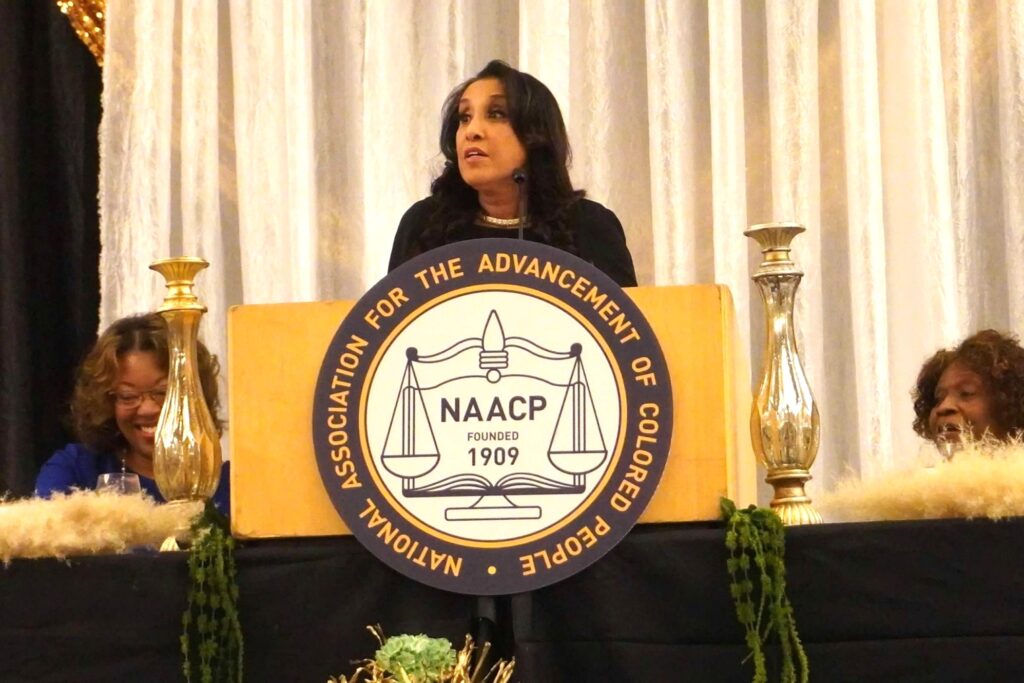
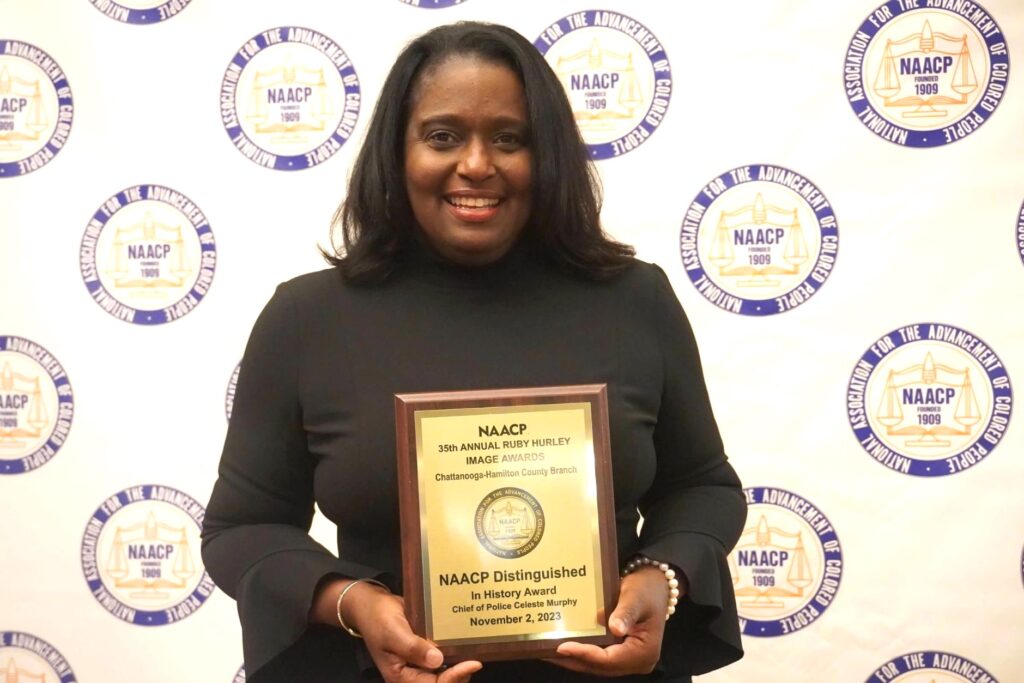

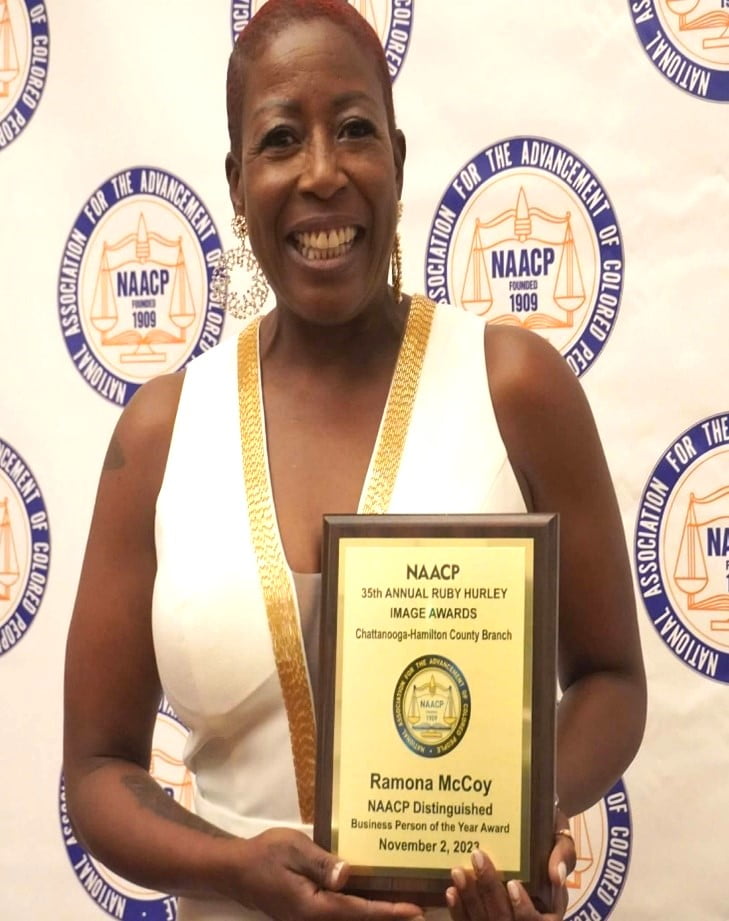
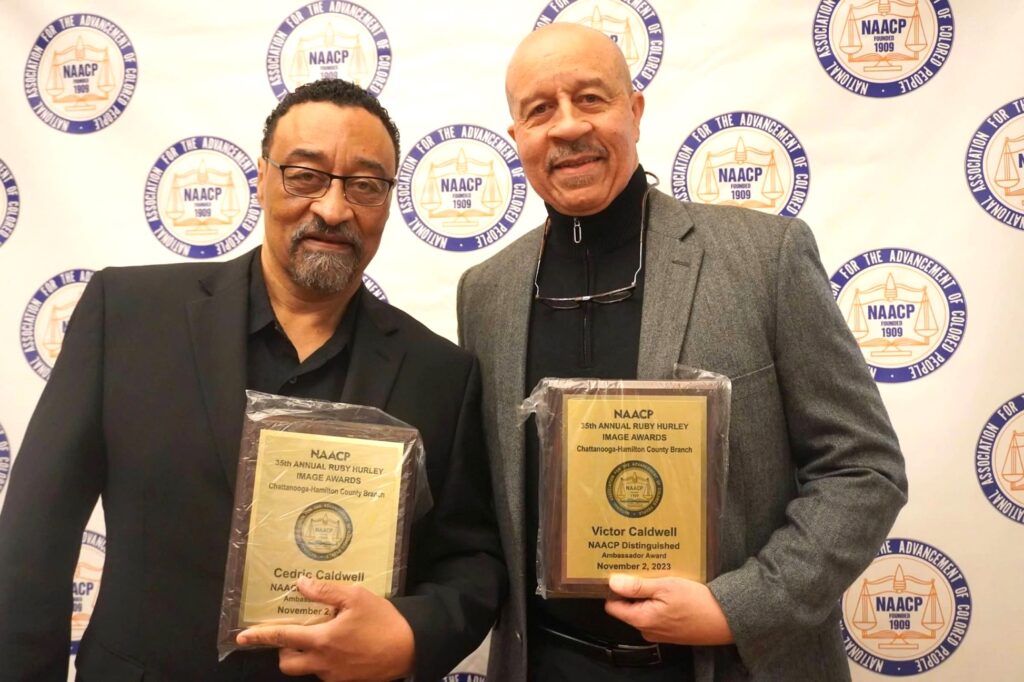
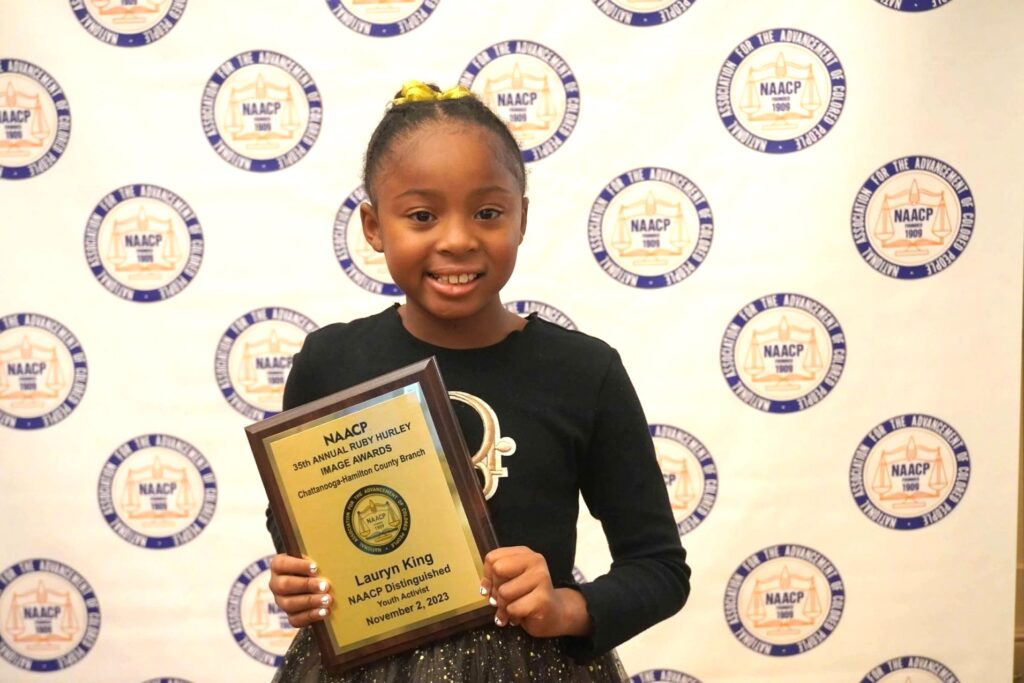
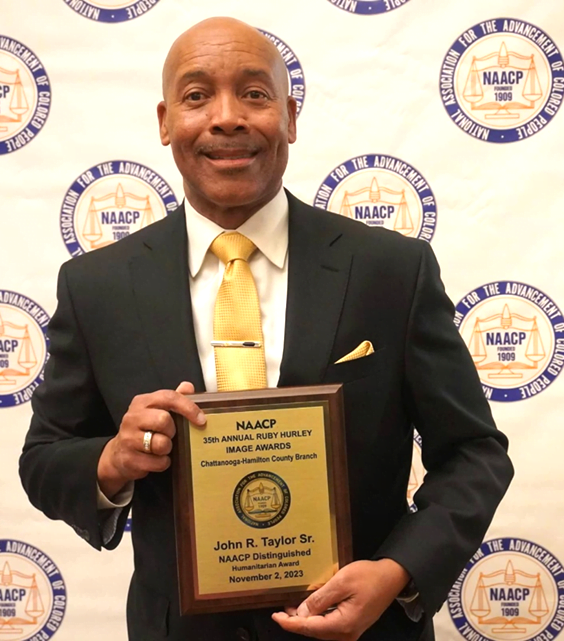
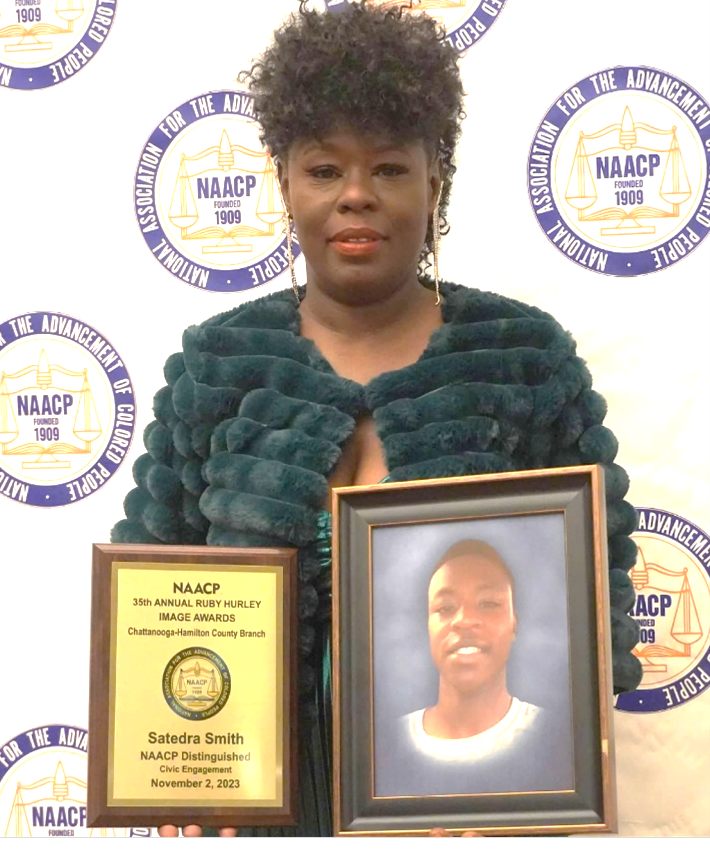









If not now, then WHEN? asks Deborah Levine!
Commentary: DIALOGUE between Terry and Deborah
Sickened by the Israel-Hamas war, I reached out to a highly regarded thought leader, Deborah Levine, Founder of the American Diversity Report, for her insight on a disturbing trend – upticks in war-related acts of hate aimed at Jews and Muslims in the U.S.
Terry Howard: Hey Deborah, should I assume that your attention over the past month has been devoted, if not entirely, to the tragedies in the Middle East?
Deborah: Quite a bit. My four grandchildren live in Israel, and we have been following them on Facebook since Oct. 7. While they are safe for now, it has been traumatic for us all, especially when we talk to them on WhatsApp and hear bombing in the background.
Meanwhile, I am getting many calls asking for my assistance in bridging the divisiveness that was already part of society but has now been greatly intensified.
Terry: Considering the war and its resulting increases in acts of antisemitism and Islamophobia in the US, what are your thoughts about developing something highlighting divisive/hurtful words and language that divides? For example, I’m not sure that many are familiar with the history behind the expression, “From river to sea,” and language that disparages Palestinians.
Deborah: Wow, talk about controversy! The phrase isn’t about disparagement, it is socio- political. For the Jewish people the phrase means the elimination of Israel and a replacement by a Palestinian nation. For Palestinians, I believe it means freedom from occupation. By the way, what prompted your interest in delving into this treacherous area?
Terry: Oh my, where do I start? Documented incidents of antisemitism, and islamophobia to a lesser extent, have dominated the news, even more since the October 7 attack on Israel. But most acts of hate go unreported, so we have to keep reported incidents in perspective. So to answer your question, I’ve always been interested in the complexities of socio-political history. What have you been seeing?
Deborah: We have seen a growth in antisemitism for quite some time. Incidents range from hate speech to vandalism, to bombings of Jewish sites. The Jewish community has been vigilant in trying to stop hate speech which has been rampant online before it turns into hate crimes. But now that vigilance has to reflect the present level of fear.
A recent session offered to the Jewish community here in Chattanooga included local and state law enforcement and the FBI that shared how they were on the lookout for hate crimes, especially by lone wolves who are difficult to track and often influenced by what they see online. Some in the community were too afraid to show up, worried that coming together would provide a target for Jew haters.
Terry: Is it a fact that news coverage seems to be more on the side of reporting acts of antisemitism and less on acts of islamophobia? A while ago at the invitation of a Muslim friend, I visited a mosque during which I asked why they kept plywood in the lobby.
I was told that it was because bricks were frequently thrown through their windows and hateful graffiti was constantly scrawled on the building and on plywood covering their windows. You rarely hear about those incidents. They were hesitant to complain fearing more acts.
Deborah: I think that it’s very difficult to tell about any bias. I don’t see data to support this one way or the other. In the midst of so much information we’re getting, personal perspectives are probably going to dictate the answer to this.
Terry: Pro-Palestinians supporters are quick to say that any criticism of Israel is unacceptable and met with claims of antisemitism which stifles free speech. What’s your response to this claim?
Deborah: Good question, and one that has been asked many times over the years. In the past, there has been space to criticize Israel without appearing to be antisemitic. But I believe that in the current situation that may not be the case. Partly it’s because the rhetoric of the past is being applied in a context that makes it closer to hate speech rather than free speech. The dividing line has been disappearing since Oct. 7.
Terry: On the Israeli-Gaza conflict, what are the top questions you would pose to challenge Panelists if you were to facilitate a debate between an Israeli and a Palestinian?
Deborah: In a newspaper column I wrote days after Oct. 7, I said that this is not the time for dialogue. Although I have had many requests for such a dialogue, I’m not sure that it’s possible to appear objective yet. In discussion with others, their attempts to appear impartial in discussions have been perceived as traitorous. For that reason, I’m more inclined to go with the written word which requires more thought and provides more time to think things through.
Terry: Okay, is there is a question or two that you hoped that I would ask, but didn’t?
Deborah: The Israel-Hamas war has far- reaching implications for us and the effect isn’t going away anytime soon. If I were asked for a resolution my first response would be that I have no idea. Then I would bring up the Middle Ages, often called the Dark Ages, as I believe that we are entering a time where violence is a norm, a balanced understanding of history is often irrelevant, and online information will only add to the divisive world that we are entering. Having said that, we must have the courage to educate, inspire and speak out and do less criticizing. I’ll leave with an old rabbinic saying, “If not me than who. If not now, then when.”
Terry: Thanks Deborah. Now here’s a quote from William Faulkner, one that brings this into the historical perspective you reference … “All of us labor in webs spun long before we were born.”
Terry Howard is an award-winning trainer, writer, and storyteller. He is a contributing writer with the hattanooga News Chronicle, The American Diversity Report, The Douglas County Sentinel, Blackmarket.com, co-founder of the “26 Tiny Paint Brushes” writers guild, recipient of the 2019 Dr. Martin Luther King, Jr. Leadership Award, and third place winner of the 2022 Georgia Press Award.